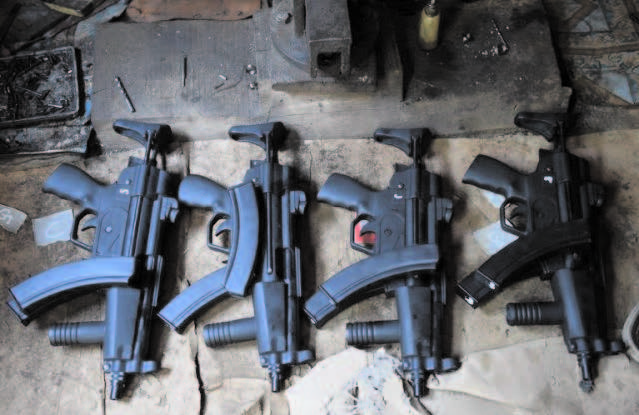
DERA ISMAIL KHAN (TIP): The Pakistani Taliban announced on November 8 they would orchestrate a wave of revenge attacks against the government after naming hardline commander Mullah Fazlullah as their new leader. The rise of Fazlullah, known for his fierce Islamist views and rejection of peace talks, by the Taliban shura, or leadership council, a day earlier follows the killing of Hakimullah Mehsud, the previous leader, in a US drone strike on November 1. “We will target security forces, government installations, political leaders and police,” Asmatullah Shaheen, head of the shura, told Reuters by telephone from an undisclosed location. He said the Taliban’s main target included army and government installations in Punjab province, the political stronghold of Prime Minister Nawaz Sharif. “We have a plan. But I want to make one thing clear. We will not target civilians, bazaars or public places. People do not need to be afraid,” Shaheen added. Pakistan publicly condemns US drone strikes as a breach of its sovereignty but in private officials admit the government broadly supports them. Militants are mainly holed up in remote areas on the Afghan border where the army has no presence.
“Pakistan has full information about drone attacks,” said Shaheen. “Pakistan is a slave of America. It is an American colony.” The Pakistani Taliban are fighting to topple the government and impose Islamist rule in the nucleararmed nation. Attacks have been on the rise since Sharif came to power in May, a concern for global powers already unnerved by the possible security implications of the planned withdrawal of most US-led troops from neighbouring Afghanistan in 2014. Mehsud and his allies had been tentatively open to the concept of ceasefire talks with the government, but Fazlullah, whose men were behind the attack on schoolgirl Malala Yousafzai last year, strongly opposes any negotiations. No meaningful talks have taken place since Sharif’s election and Fazlullah’s rise could signal the start of a new period of uncertainty and violence in the already unstable region.




Be the first to comment